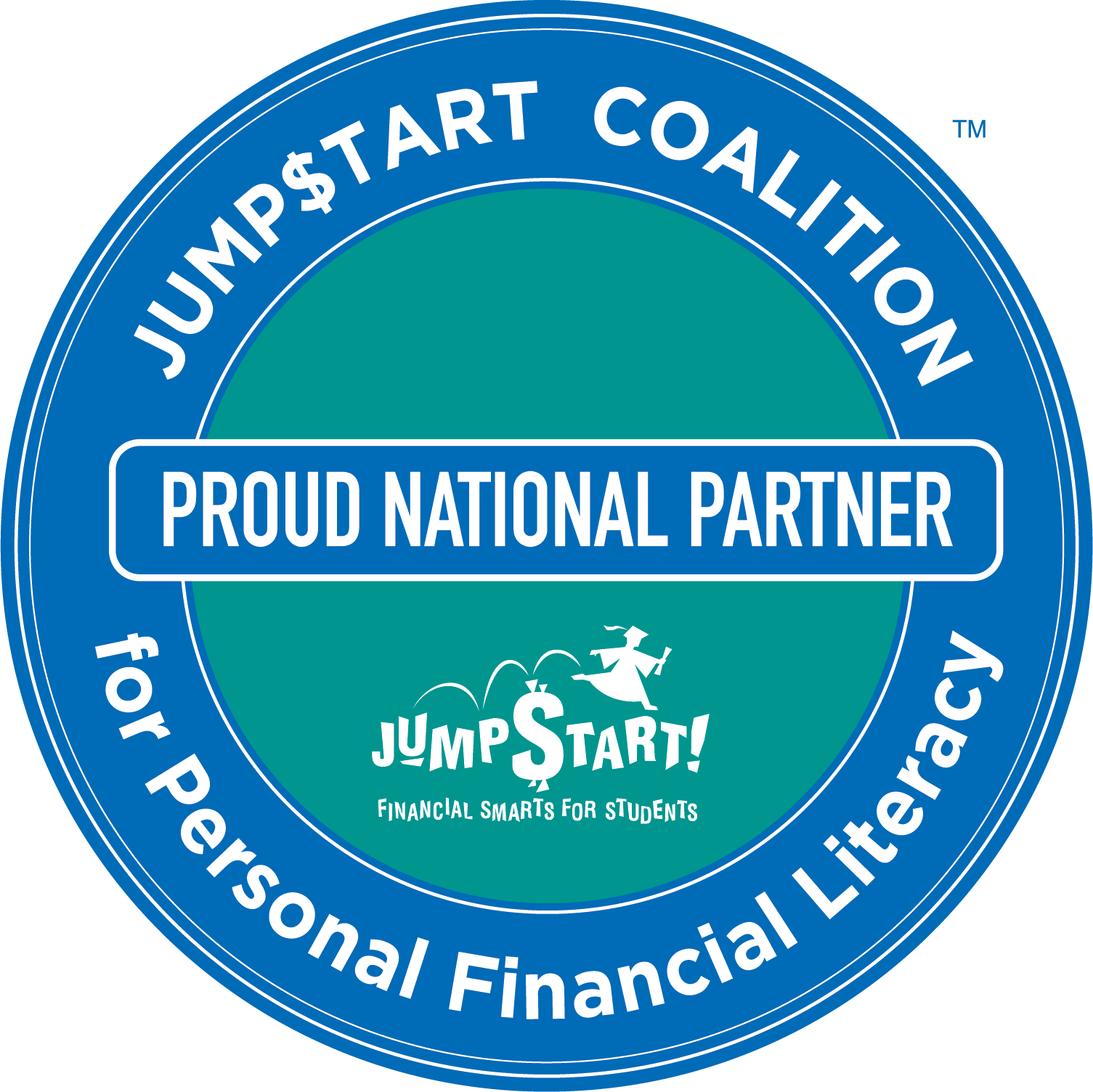Credit cards can be a fantastic tool. Apart from helping improve your credit score, some cards come with reward points, and allow you to monitor your expenses. Cards also offer safety — you don’t need to carry too much cash when you have a card. Plus, they can help you build your credit profile.
But that doesn’t mean you’re exempt from making potentially costly mistakes. Those may be mistakes you can’t afford to make, too, especially when you have debt or struggle with money management. Avoid these habits if your goal is to eventually find financial freedom!
Overspending
You may lose sight of your spending when you buy things you don’t need. The same applies to using credit cards for day-to-day purchases. Unless you have a budget, charging utilities, groceries, and other daily purchases on your card invites unnecessary interest payments. As such, chasing rewards could also be your downfall.
Bonuses might be attractive, but they won’t matter when you’re on the hook for the interest. At the same time, choose cards that match your lifestyle. Applying for cards you’re not eligible for attracts inquiries on your report and hurts your chances of getting a card.
Similarly, owning too many credit cards paints you as a lending risk. Another mistake is maxing out your credit card. Using cards when you cannot repay the bill affects your credit score, increases minimum payments, and hinders future transactions. If the debt gets overwhelming, you can regain control of your finances by proposing a repayment plan with the issuer.
Late payments
The payment is late if it arrives after the due date’s cutoff time, or is below your minimum amount due. Issuers might not come to your house demanding money, but late payments invite long-term consequences.
For starters, delayed payments attract late fees. These charges may vary depending on your payment history and the issuer’s policy. For instance, the fees may be lower if you’re late for the first time. Penalty rates may also incur interest when you stay too long without settling the missed payments. Moreover, late payments go on your credit report, affecting your score.
If you miss several consecutive payments, the issuer might classify the late payments as credit card default, and charge off your account. Remember, late payments sink you deeper into debt, hindering other financial obligations. Another risk is sending only minimum payments. In addition to accruing additional interest, paying the exact due minimum stretches your debt repayment period.
Disregarding agreement terms
Read the fine print!
Besides knowing the issuer’s expectations, reading the account agreement keeps your spending habits in check. They might not be fun to read, but understanding credit card terms may save you from unexpected charges. Here are some terms you may encounter in the card agreement.
- Balance Transfer Fee: The issuer imposes this fee to transfer your existing debt to another credit card. Ordinarily, balance transfer fees run from 2% to 3% of the money sent or a fixed amount.
- Annual Fee: Issuers charge this yearly fee to keep your card operational. Some cards don’t include annual fees. In most cases, companies charge annual fees for the benefits that come with travel credit cards and reward cards.
- Annual Percentage Rate (APR): It’s the interest that accrues in one year when you don’t pay your total monthly credit card balance.
- Credit Limit: The maximum amount you can spend using your card.
- Foreign Transaction Fees: These charges apply to overseas transactions. The issuer imposes foreign transaction fees to compensate banks for currency conversions.
Don’t hesitate to negotiate for favorable terms. Issuers may seem intimidating, but most are open to fixing your budget through lower yearly fees and interest rates.
Credit card safety tips
You may fall prey to unauthorized transactions if you’re not careful with your credit card or account information. Fraudsters can get your card information in different ways. For instance, they can steal your card or skim it at restaurants, gas stations, or retail stores.
They can also hack your devices, view your card details at checkout, call about false transactions, or use phishing attacks. The good news is you can take measures to prevent fraud or stop unauthorized credit card use before it escalates.
For starters, keep your card safe when it’s not in use. Protect your credit cards the way you would protect cash, keeping them in your wallet or lockable drawer to prevent theft.
Additionally, watch how restaurant cashiers and gas attendants swipe your card. If you have a bad feeling about a situation, use cash instead.
Another step is securing your networks. Using unique passwords and changing them regularly also enhances your financial security. Furthermore, avoid storing your card details on a website. You can disable your browser’s autofill to prevent other users from accessing card information.
Likewise, cover your device from prying eyes when shopping online. You should also stay away from communal computers. You may log out of the device, but pre-installed spyware may register your keystrokes to access your card numbers, usernames, and passwords. The safest option is shopping with your personal computer. However, don’t log in to public Wi-Fi.
Cellular networks and private Wi-Fi protect your information better. You could also use a VPN for extra security. Don’t forget to investigate the seller’s website. Unless the URL has a lock symbol and starts with “https”, don’t share your card details with the merchant.
Moreover, don’t click on suspicious links even if they appear to come from reputable companies. You can visit the official merchant website with your browser to prevent phishing attempts. Account alerts also come in handy. You can detect unauthorized transactions by subscribing to email and text notifications. You could also request alerts when your balance exceeds certain amounts. Most importantly, inform your issuer when you misplace the card or suspect shady activity. Make sure to check your statements and familiarize yourself with the issuer’s contact details for faster communication in case of fraudulent activities.
Finally, remember that like other financial tools, you can only enjoy credit card benefits when you use them responsibly. It’s never too late to fix your finances. Provided you learn from past credit card mistakes, these tools remain a convenient way to pay for expenses.
Like what you see? Get more content sent directly to your inbox! Sign up for the Money Vehicle Movement Newsletter!
More from Money Vehicle:









